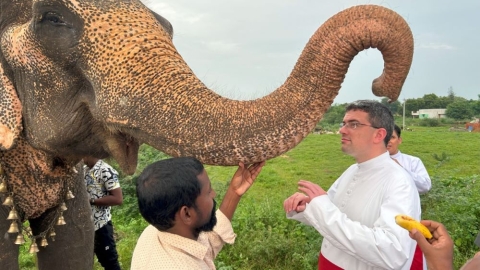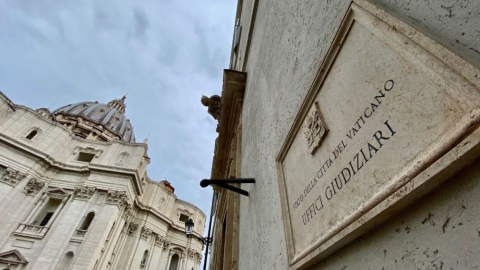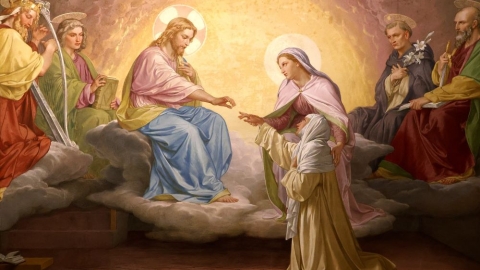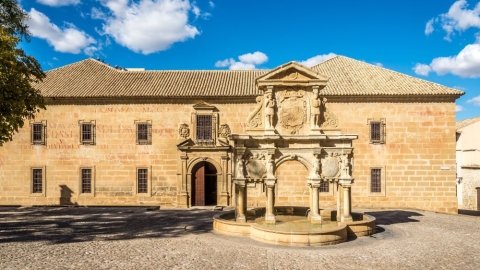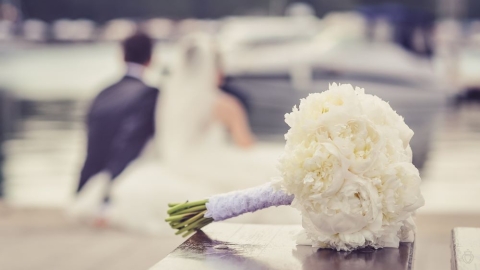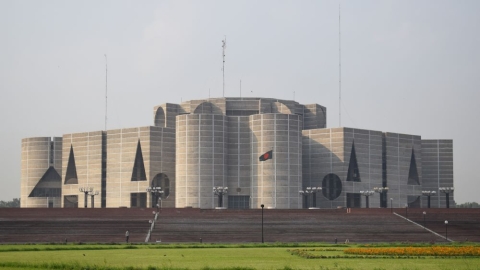American Attitudes Toward Pope Francis
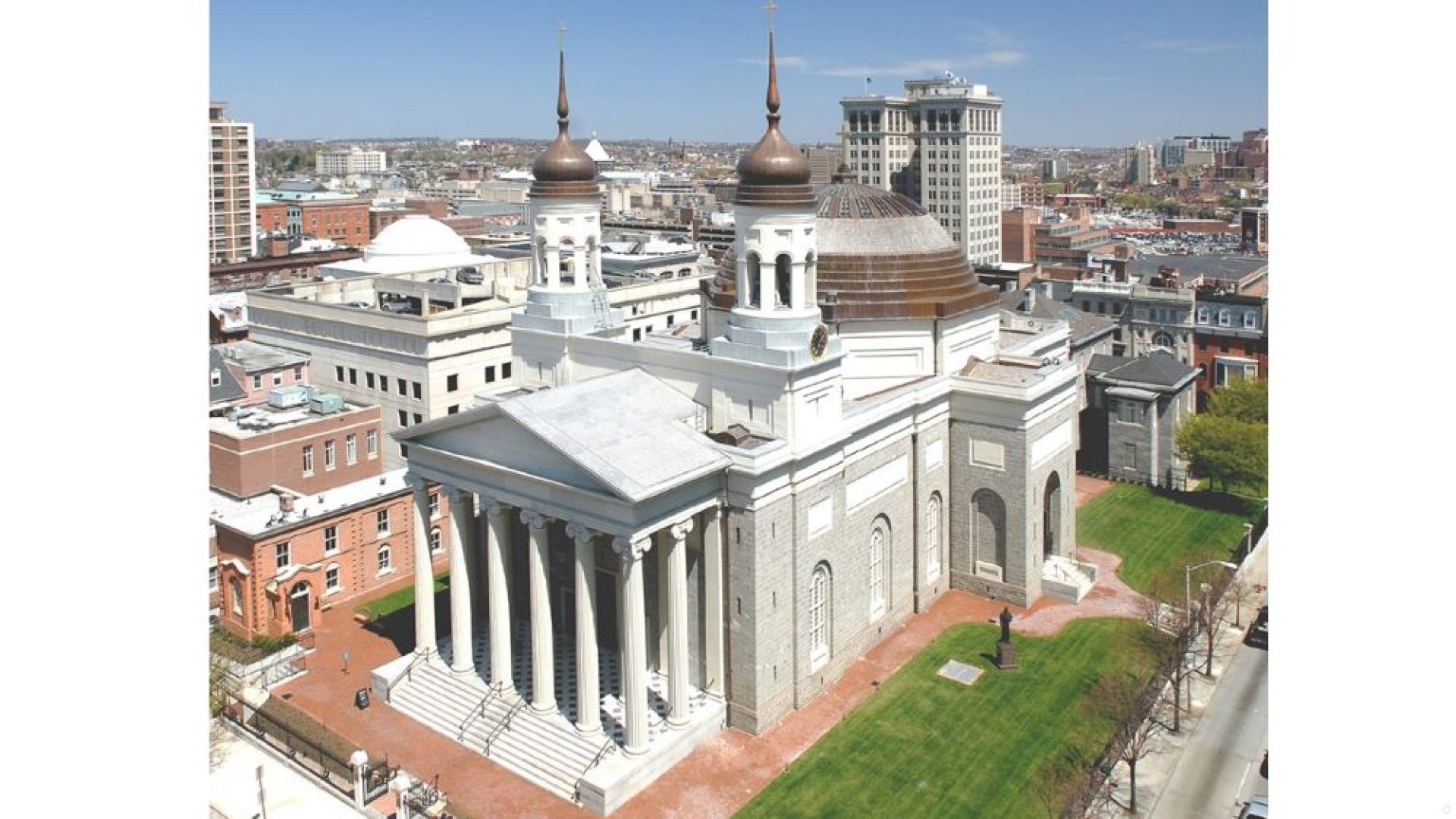
Baltimore Cathedral, the oldest cathedral in the country
The recent opinion survey of American Catholics conducted by the Pew Research Center (PRC) reveals mixed attitudes toward Pope Francis.
It was in 1996 that papal popularity reached its all-time high, with Pope John Paul II receiving a 93% favorable view from American Catholics.
28 years later, Pope Francis won the approval of 75% of the faithful in the United States, which is a decline from the 90% rating he received in 2015.
The famous American survey institute asked around 12,700 baptized persons representing the 52 million Catholics within the United States. Catholics make up 20% of the total American population.
The PRC specified that 57% of Catholics in the United States are white, 33% are Hispanic, 4% are of Asian origin, 3% are black, and 3% are another race.
Moreover, a majority of Catholics--58% to be exact--are at least 50 years old, with Hispanic Catholics being generally much younger than average. Another important piece of data is that only 20% of American Catholics state they go to Mass at least every Sunday.
This rate of practice is higher than in France, where around 1.8% of Catholics observe the Sunday obligation, according to the major survey published by La Croix and Le Pèlerin in 2017, and confirmed by the recent Gallup survey which puts forward the figure of 21% for regular Mass-goers in America.
What is striking is the difference of opinion regarding the current pontificate based on the assiduity of religious practice. 65% of practicing American Catholics disapprove of recognizing same-sex marriages, and 56% believe that women should not be allowed to become priests.
We find similar proportions on the themes of contraception or Communion for those living together unmarried. Generally, Americans who live their Faith are inclined to say that the Church must adopt a “traditional” and “conservative” approach on major social issues.
By comparison, 61% of non-practicing Catholics appear to be in agreement with Pope Francis on progressive issues. The assessment is similar if we consider the political affiliation of Catholics: the faithful who consider themselves Democrat are more open to the reforms launched by the current Pontificate than those who vote for the GOP.
Finally, it should be noted that both the youngest age group of persons asked and Hispanic Catholics have a more negative view than others of changes made within the Church since 2013.
(Source : Pew Research Center – FSSPX.Actualités)
Illustration : English Wikipedia, Domaine public, via Wikimedia Commons
